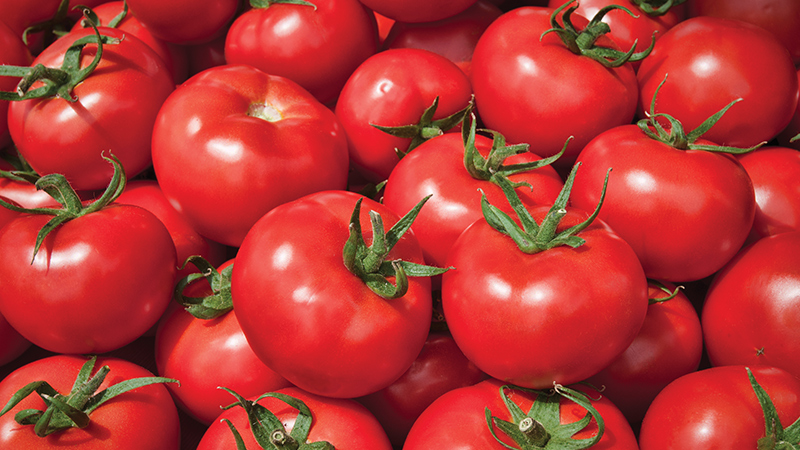Fruit and Nut Growers Brace for Tariff Impact
Following the U.S.’s imposing of 25% tariffs on imported goods from China, the country fired back with its own 25% tariff totaling about $34 billion in U.S. goods, including fruits and nuts. The Bakersfield Californian says this additional tariff brings the total tariffs U.S. exports face to $75 billion. The U.S. has since fired back, announcing an additional $200 billion in tariffs against China, according to Reuters. China says it will retaliate against the latest tariffs but has not announced details.
The article from The Californian says California sends 6% of its agricultural exports to China; and while that is a small figure, what’s concerning is the potential for California ag to lose a place in the export market.
“Those buyers will reluctantly move to somebody else. And once they’ve made the move, it’s hard to get them back,” said Vernon Crowder, a retired banker focused on agriculture, to The Californian.
Mark Powers of the Northwest Horticultural Council told The Seattle Times the 25% tariff increase China has levied on U.S. agricultural products, including sweet cherries, which accounts for about 11% of the domestic crop’s exports which is estimated at $130 million in revenue.
“When you talk about an additional 25% tariff, we’re talking about a significant increase in price,” Powers told the Times. “Most of this cost is going to be paid by growers.”
A large looming almond crop has left California growers leery. The Sacramento Bee reports an additional 50% tariffs on nuts could be levied by China and complicate California’s competitiveness with trade in China.
“As we head into harvest, obviously these tariffs create a fair amount of uncertainty,” Holly King, Chair of the Almond Board of California, told The Bee. “The uncertainty that is hanging over the market makes it difficult to make commitments to contracts.”
R.G. Lamar of Lamar Pecan Co. in Hopkinsville, GA, told Marketplace.org about 60% of his pecans are exported to China.
Lamar said about 10 years ago, China imposed 24% tariff on pecans, but that figure dropped to 10% in 2015 and 7% in 2017. But, as the tariffs decreased, the demand has increased. Lamar says in 2001, China imported less than 100,000 pounds and in 2012, that number increased to 100 million pounds.
But, despite the threat of tariffs and trade wars, Lamar is optimistic.
“One thing, as always happens with trade issues, the furniture is just going to get rearranged, I think. China is going to consume the pecans,” he told Marketplace. “The only other country that has the volume that they need is Mexico. Mexico sends most of their pecans to the U.S. right now. So, they wouldn’t be coming here. We would end up just selling more product domestically.”
Mark Boyer, chairman of the U.S. Apple Association and part-owner of Ridgetop Orchards in Fishertown, PA, has teamed up with Farmers for Free Trade to release a new cable television advertisement to address the trade disputes and their effect on tree fruit growers.
“Without certainty in foreign markets, why would you invest in equipment, why would you invest in anything?”
Boyer says in the commercial. “The stakes are high. People will lose their jobs.”
This advertisement addresses the retaliatory tariffs from Mexico, India, Canada, China, and the EU and the effect on U.S. apple exports.
“Profit margins in agriculture are razor-thin, or nonexistent,” said Jim Bair, U.S. Apple Association President & CEO said in the announcement of the new advertisement. “Our No. 1, 2, 3, and 6th largest export markets are already impacted or threatened. That hurts not only growers but also thousands of affiliated jobs in small-town America. We need these disputes to get resolved amicably and quickly.”










